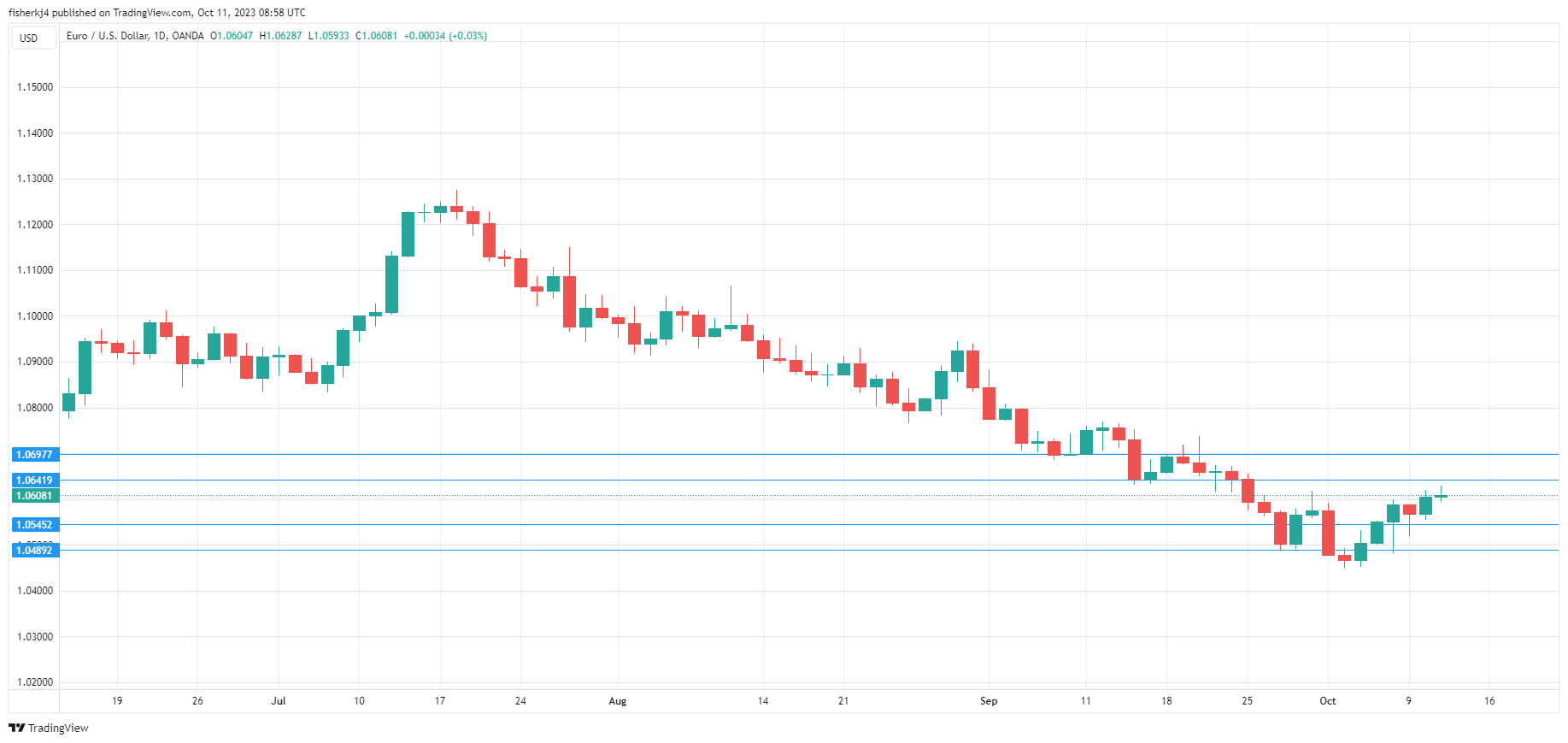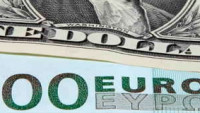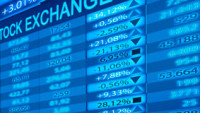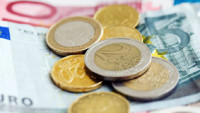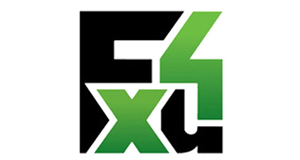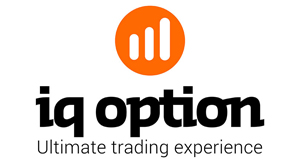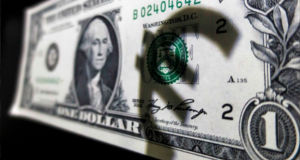 The euro continues to have an uneventful week. In the European session, EUR/USD is trading at 1.0613, up 0.08%.
The euro continues to have an uneventful week. In the European session, EUR/USD is trading at 1.0613, up 0.08%.
German Inflation Falls to 4.5%
German inflation was confirmed at 4.5% y/y in September, sharply lower than the August reading of 6.1%. It was the lowest level since the Ukraine war started in February 2022. Energy prices fell sharply and food prices were also lower. The core rate eased to 4.6%, a one-year low and down from 5.5% in August. The inflation report is another sign that the ECB’s rate hikes are working and pushing inflation lower. Still, there is a long way to go, as inflation in Germany and the eurozone remains well above the ECB’s 2% target.
Germany’s economy has slowed down considerably. GDP was flat in the second quarter and the economy may have contracted in Q3. The German economy, once the pride of Europe, has been battered by high-interest rates, weak consumer consumption and falling exports.
In the US, the data calendar has been very light, allowing the markets to focus on Fedspeak. A host of Fed members had a similar message in noting that the spike in US yields could act as a brake on the economy due to higher borrowing costs. This could push inflation lower without the Fed having to raise interest rates.
The Fed clearly is not going to announce that rates have peaked since another rate hike would lead to some loss in credibility. Fed Chair Powell and his colleagues seem to striving for transparency, and any divisions at the Fed over policy are a result of the uncertainty in the economic outlook. Market pricing indicates that the Fed is unlikely to raise rates this year – according to the CME Fedwatch Tool, the odds of a rate hike stand at 25%. Investors will be hoping for some insights from the FOMC minutes of the September meeting, in which the Fed held rates at a target range of 5.25%-5.50%.
EUR/USD Technical
There is support at 1.0545 and 1.0489
1.0641 and 1.0697 are the next resistance lines
